This curated collection of Soviet films delves into the complex and often controversial theme of communism. These cinematic works provide a window into the Soviet Union's portrayal of its political ideology, offering both propaganda and critique. They are invaluable for understanding the historical context, the societal impact, and the artistic expression of the time, making them essential viewing for anyone interested in the cultural and political landscape of the USSR.

The Ascent (1977)
Description: A stark portrayal of the partisan struggle during WWII, it delves into themes of sacrifice, betrayal, and the moral complexities within a communist framework.
Fact: The film was banned in the Soviet Union for a time due to its bleak portrayal of the war.
 Watch Now
Watch Now
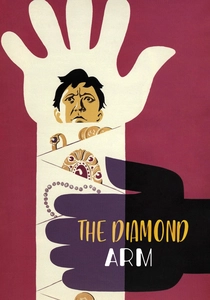
The Diamond Arm (1969)
Description: A comedy that indirectly critiques the bureaucratic inefficiencies and corruption within the Soviet system, reflecting on the realities of life under communism.
Fact: It's one of the most popular Soviet comedies, often quoted and referenced in Russian culture.
 Watch Now
Watch Now
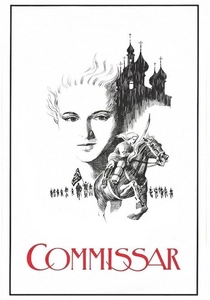
The Commissar (1967)
Description: This film examines the personal and ideological conflicts of a female commissar during the Russian Civil War, highlighting the human side of communism.
Fact: It was banned in the USSR for its perceived anti-Soviet sentiment but later received international acclaim.
 Watch Now
Watch Now
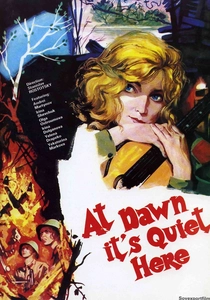
The Dawns Here Are Quiet (1972)
Description: This film focuses on the heroism of female anti-aircraft gunners during WWII, showcasing the ideological commitment to the defense of the motherland.
Fact: It was remade in 2015, highlighting its enduring popularity and relevance.
 Watch Now
Watch Now
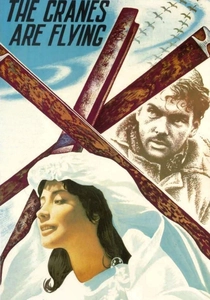
The Cranes Are Flying (1957)
Description: This film explores the personal impact of war and the ideological commitment to the communist cause, showing the resilience of the Soviet people.
Fact: It won the Palme d'Or at the Cannes Film Festival, making it one of the most internationally recognized Soviet films.
 30 Days Free
30 Days Free
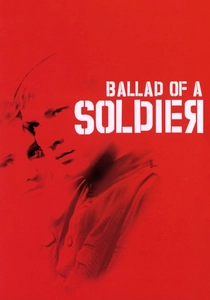
The Ballad of a Soldier (1959)
Description: This poignant war drama reflects on the personal sacrifices made in the name of the communist cause during WWII.
Fact: It was nominated for an Academy Award for Best Original Screenplay.
 30 Days Free
30 Days Free
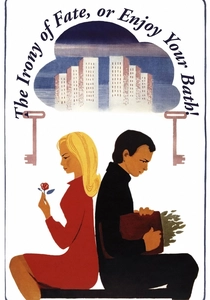
The Irony of Fate (1975)
Description: While not directly about communism, this comedy reflects on the uniformity and monotony of Soviet life, subtly critiquing the system through humor.
Fact: It's a New Year's tradition in Russia to watch this film, and it has been remade and adapted several times.
 30 Days Free
30 Days Free

The Fall of Berlin (1949)
Description: This epic war film glorifies the Soviet victory over Nazi Germany, showcasing the ideological triumph of communism over fascism. It's a prime example of Soviet propaganda cinema.
Fact: The film was one of the most expensive Soviet productions of its time, and it was awarded the Stalin Prize.
 30 Days Free
30 Days Free

The Red Tent (1969)
Description: Though not explicitly about communism, it portrays the international cooperation and ideological differences during the rescue of Umberto Nobile's expedition.
Fact: The film features an international cast, including Sean Connery, and was a major Soviet-Italian co-production.
 30 Days Free
30 Days Free

The Shield and the Sword (1968)
Description: A spy thriller that glorifies the Soviet intelligence service's role in WWII, emphasizing the ideological battle against fascism.
Fact: The film was based on a novel by Vadim Kozhevnikov, and its popularity led to a sequel.
 30 Days Free
30 Days Free









